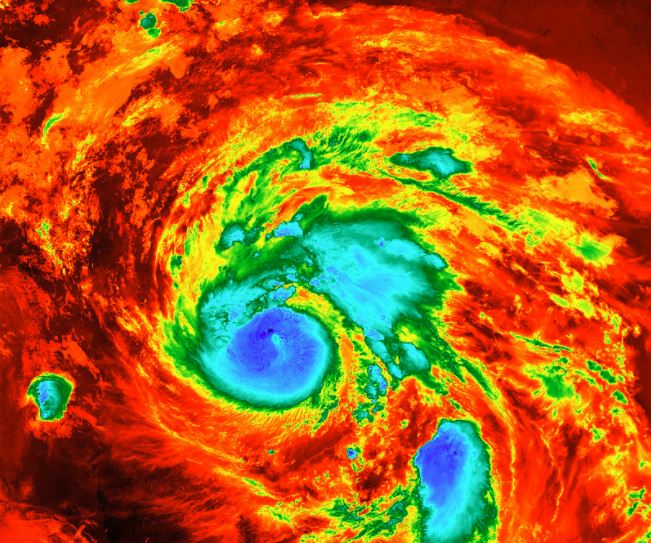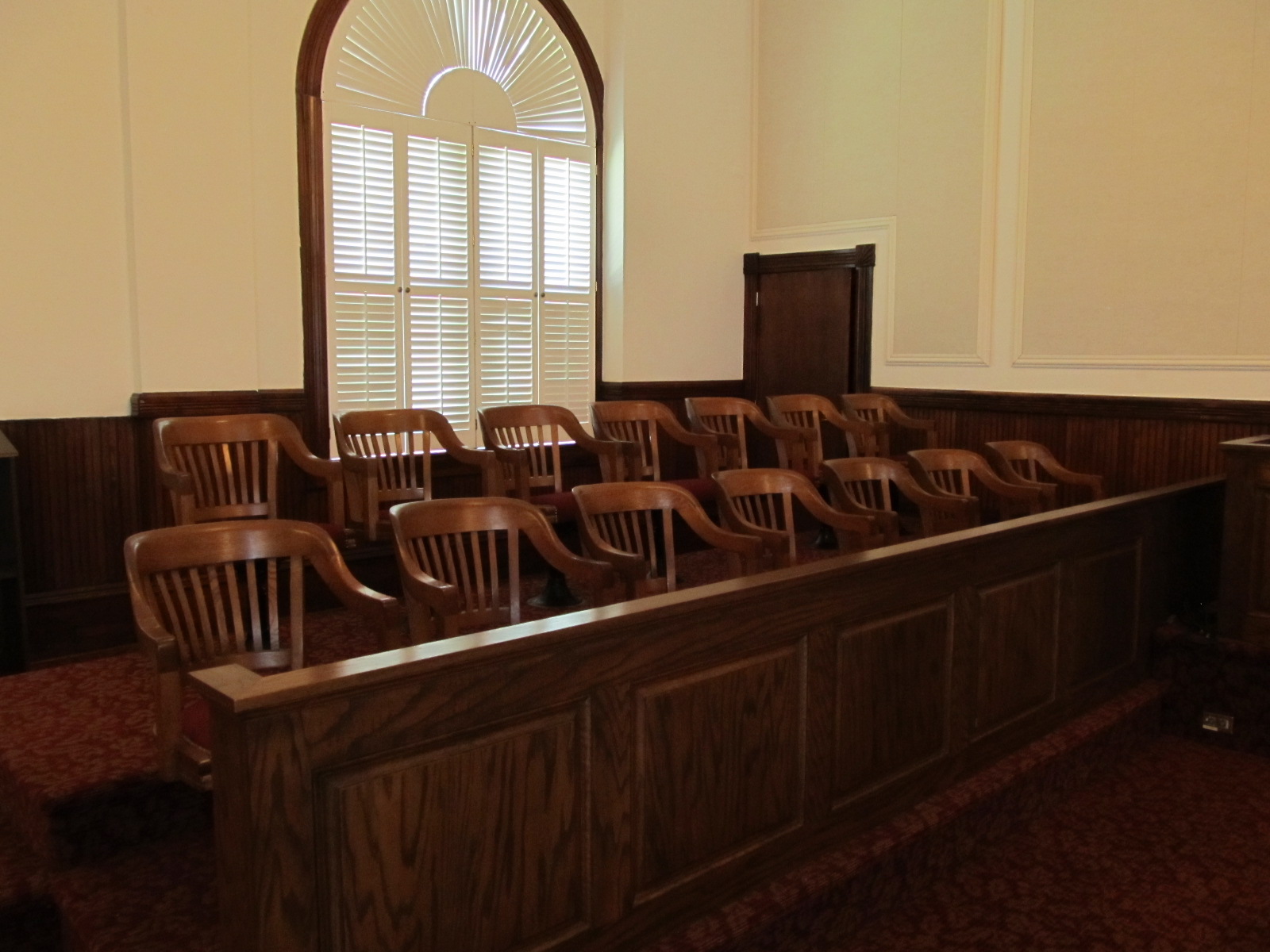In the wake of Hurricane Harvey, many Texas residents have entirely new problems on their hands: rebuilding. For many folks, legal services organizations, such as Lone Star Legal Aid and Texas Rio Grande Legal Aid, are going to be essential in assisting them to get their life back on track. These organizations have already begun assisting victims with what is likely to be a long road ahead. (Author note: as of the time of publication of this article, Hurricane Irma is barreling towards Florida and the Southeast, but has not yet made landfall in the contiguous United States. While this article focuses on the legal ramifications for Harvey victims, the victims of Irma will face the same struggles.)
Fleeing one’s home for higher ground or dry land is a traumatic experience in and of itself, but the arduous task of dealing with potential foreclosure, eviction, bankruptcy, and/or job termination is only just beginning. To complicate matters, the loss of vital documents may make filing insurance claims, applying for Federal Emergency Management Agency (FEMA) assistance, enrolling children in school, and receiving medical care even more difficult.
Displaced homeowners who lose track of their mortgage payments or who can no longer make them because they are out of work may risk foreclosure on their home. Similarly, renters not able to make rent payments or who stop making rent payments because they are displaced may risk eviction. These people may all need legal assistance in negotiating with banks and landlords.
The economic toll of the hurricane will not be known for months, but businesses and homes have been destroyed and bankruptcies are a certainty. Various legal aid organizations have already begun fielding calls about flood insurance and how to apply for FEMA assistance. These organizations will spend the next few years helping homeowners, small business owners, renters, and others navigate the legal system with respect to their rights and obligations in the wake of the hurricane.
One huge obstacle to disaster victims getting the help they need is that they are either unaware that their problems are legal in nature and that a lawyer can help them or they think they can’t afford an attorney. Legal aid organizations often provide their services for free.
When Hurricane Katrina hit in 2005, organizations from all over the country provided aid in the form of bottled water, food, hygiene items, and cash donations. However, once the flood waters receded, legal aid organizations’ work began. One such program was the University of North Carolina School of Law’s Pro Bono Program. From 2005 until 2010 over the course of various winter and spring breaks, teams of law students traveled to New Orleans to work with local attorneys to help low income residents gain clear legal title to their homes, so they could file insurance claims and apply for FEMA assistance. They also assisted with no-contest divorces and criminal matters. Many Texas residents will face similar challenges and local legal aid organizations will need outside support from volunteers and volunteer organizations to help shoulder the load of legal issues cause by the hurricane.
Those in the path of Hurricane Irma – or any hurricane in the future – would be wise to gather their essential documents ahead of time in a waterproof container and take them along if they evacuate. Those sheltering in place should make sure these documents are high up and far away from any standing water. Those documents include, but are not necessarily limited to, insurance policies, checking and savings account numbers and routing numbers, titles to vehicles, deeds, and an inventory of personal belongings at home. It should be noted that if gathering these documents during a disaster would put you or your family at risk of injury or death, it is MUCH more important to get to safety.
These legal aid organizations will likely be helping thousands of people apply for FEMA assistance. Victims should be aware that they have until 60 days after the declaration-of-emergency date to apply, so it is advisable to contact legal aid as soon as is practicable. The following documents are needed to complete the application: social security number, address of the location where the damage occurred, current mailing address, current telephone number, insurance information, total household annual income, routing and account number for a checking or savings account, and a description of the disaster-caused damage and losses. For more information on Individual Disaster Assistance, applicants can click here. Applications can be submitted online or over the phone at (800) 621-3362/TTY (800) 462-7585.
Legal aid organizations in Texas, Florida, and the Southeast are going to be on the ground for years to come and will help many people with the legal issues that these hurricanes have forced and will force on their victims. For those affected by Hurricane Harvey or who wish to donate their time or money to legal services:
Lone Star Legal Aid – (800) 733-8394 – http://lonestarlegal.org/
Texas Rio Grande Legal Aid – (800) 757-1570 – http://www.trla.org/
At Lindley Law, we are committed to donating to and volunteering for legal aid services as we believe they are a vital part of our legal system and providing access to justice for all. To learn more about our firm, please visit our website at www.lindleylawoffice.com.




